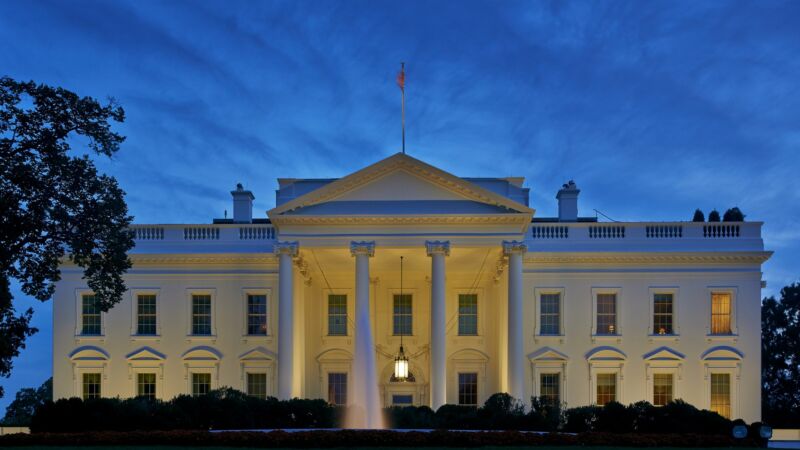
Enlarge / Lyft will switch its map provider from Google to Here. (credit: Lyft)
The ride hailing company Lyft is changing up its maps, which until now have been powered by Google. Lyft will now use Here instead. Lyft says the switch means a better search database for places and addresses as well as more accurate predicted arrival times—two important things for a ride hailing company to get right.
“Over the past six months, we have worked in collaboration with Lyft to implement and test our robust destination catalog that helps riders get to more destinations in cities across North America. Our services are now enriching the Lyft network, spearheading innovation in the rideshare industry,” said Here CEO Edzard Overbeek.
There may be other motivations for the switch. According to Lyft’s head of rideshare, Ashwin Raj, the switch will “improve the efficiency of our marketplace,” but the press release also explicitly mentions keeping user data private.
Read 4 remaining paragraphs | Comments
Source: Ars Technica – Lyft ditches Google Maps for Here, partners with Argo AI













